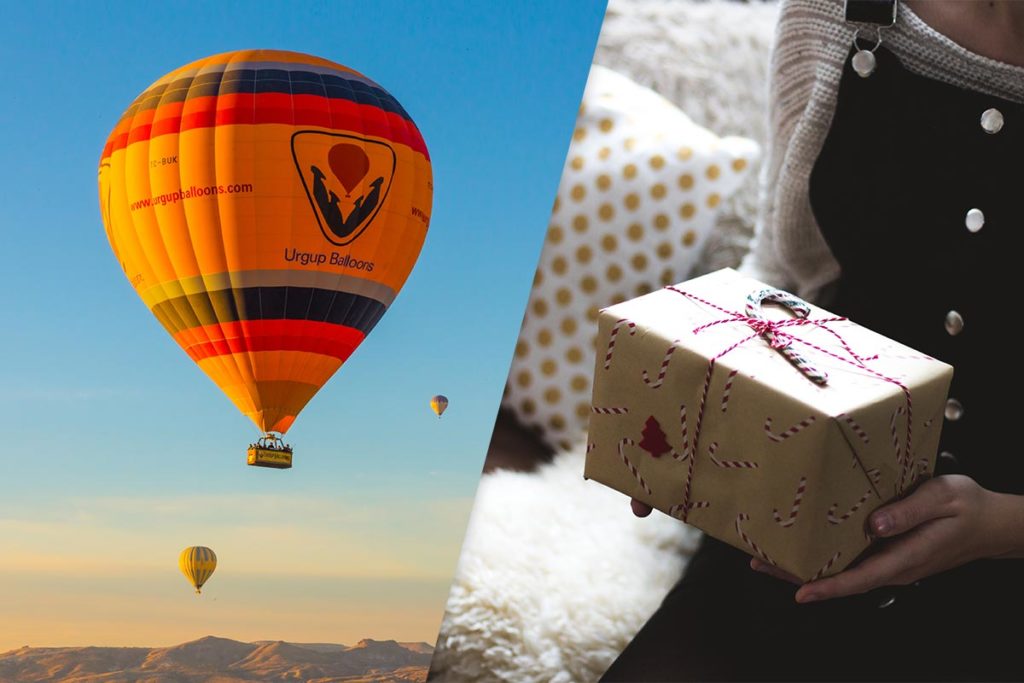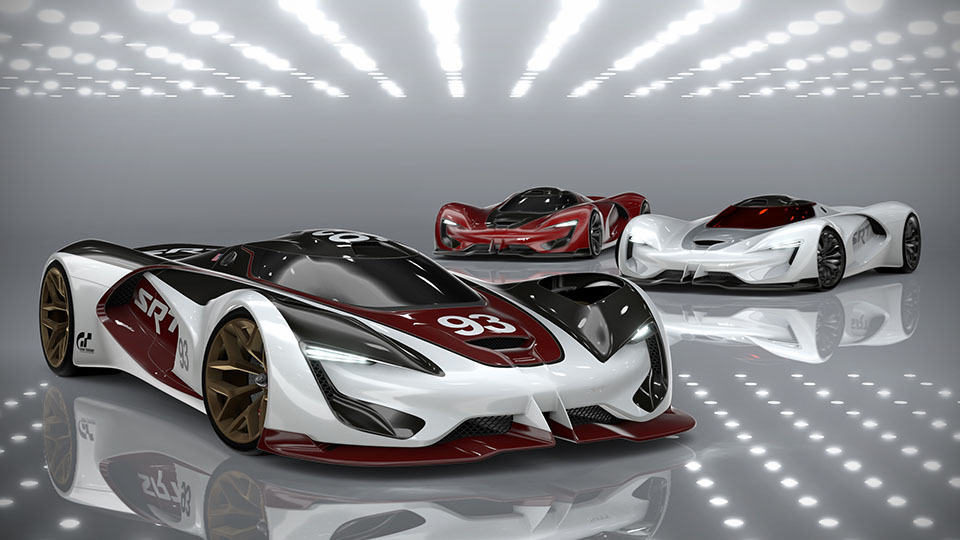A series of research over the past few years has revealed the emergence of a significant change in spending habits. People are spending less on buying stuff and more on doing stuff – people are ditching products for experiences, a phenomenon that has been dubbed the experience economy.

Once In A Lifetime
This sort of change in spending habits doesn’t happen very often, but the trend has developed since it was first isolated in 2017. Researchers then found spending in places like restaurants, pubs and cinemas had all increased since the previous year while department stores, car shops and spending on appliances all decreased.
IKEA’s head of sustainability, Steve Howard, made headlines everywhere when he admitted that people have had enough of ‘stuff’ because they have almost everything they need already with the quote “we have probably hit peak stuff”.
As this Guardian article points out, this “peak stuff” theory has its roots back in 2001, according to a British environmental journalist who used government data and found that Britain reached ‘peak stuff’ in 2001. That year, economic growth and material consumption ceased to be correlated, a social trend that is slowly spreading across the world.
Types Of Experiences
Experiences have so many different types and range from holidays to just spending some quality time in front of the TV. Experiences are becoming a popular gift as they allow the giver to share the gift and make memories with the receiver in a more mutually beneficial exchange.
Experiences are also easy to give: even something as inconspicuous as a night enjoying a takeaway and a movie can be given in the form of Just Eat Gift Cards and subscriptions to streaming sites. Experiences have options for almost any budget – buying somebody a first-class seat on a plane is giving them an experience, but as is buying them a pint at a pub on their birthday.
But Why?
Some have argued that the belief system in the 20th century was materialistic consumerism. Still, at the end of the century, people started to acknowledge that more physical objects weren’t increasing their happiness. Instead, doing things (especially with other people) became where people looked towards happiness; connecting with one another.
Experiences also serve an additional benefit of being repeatable, unlike consuming many products, as well as leaving a lasting impression. Experiences create memories, which can be drawn upon to stretch out the enjoyment derived from spending money.
They also less frequently create a feeling that you could have spent your money on a better version of the experience; if you go for a nice meal, you are less likely to compare your time to if you visited a Michelin starred restaurant. This contrasts with buying a product, especially when we have so much choice, as any negative can make people regret not choosing something else.
In the new experience economy, brands aren’t far behind. Harvard Business Review this year held a webinar to discuss how businesses like Apple, Lego and Starbucks now need to form unique connections with customers through creating experiences that leave a memorable impression to survive.
Featured photos by Pascal Habermann (L) and Kira auf der Heide (R) on Unsplash.


